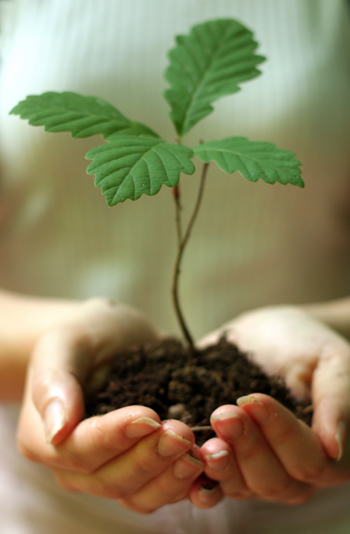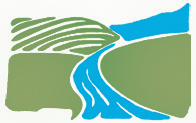 What is Conservation?
What is Conservation?
The term conservation came into use in the late 19th century and referred to the management, mainly for economic reasons, of valuable natural resources such as timber, fish, game, topsoil, pastureland, and minerals. The definition of conservation has developed to mean managing natural resources in such a way that prevents excessive use and limits environmental damage, while still receiving social and economic benefits from the use of those resources. It is important to note that conservation is different from preservation. Conservation seeks to properly manage and use natural resources, while preservation seeks to protect natural resources from being used.
Why is Conservation Important?
Conservation is important because the Earth’s resources are finite. Many resources are non-renewable and the limited amount available can be depleted. Fossil fuels like coal, oil, and natural gas are considered non-renewable. These resources can not be replenished in a time scale comparable to their consumption. Other resources are considered to be renewable. Biomass (materials like wood, plants, and landfill gasses), bioplastics (materials derived from renewable sources such as vegetable oils and corn starch), and bioasphalt (asphalt alternative derived from sources like sugar, rice, and corn) are examples of renewable resources. Even though these resources are renewable, it is important that they are not used faster than they can be produced. Conservation plays a critical role in making sure that there are enough resources available to meet our needs, both now and in the future.
Conservation in our District
The mission of the Wayne County Soil & Water Conservation District is to manage and conserve the soil, water and natural resources of Wayne County. All of our programs, services, and technical assistance keep this goal in mind.
EPA – Resource Conservation
